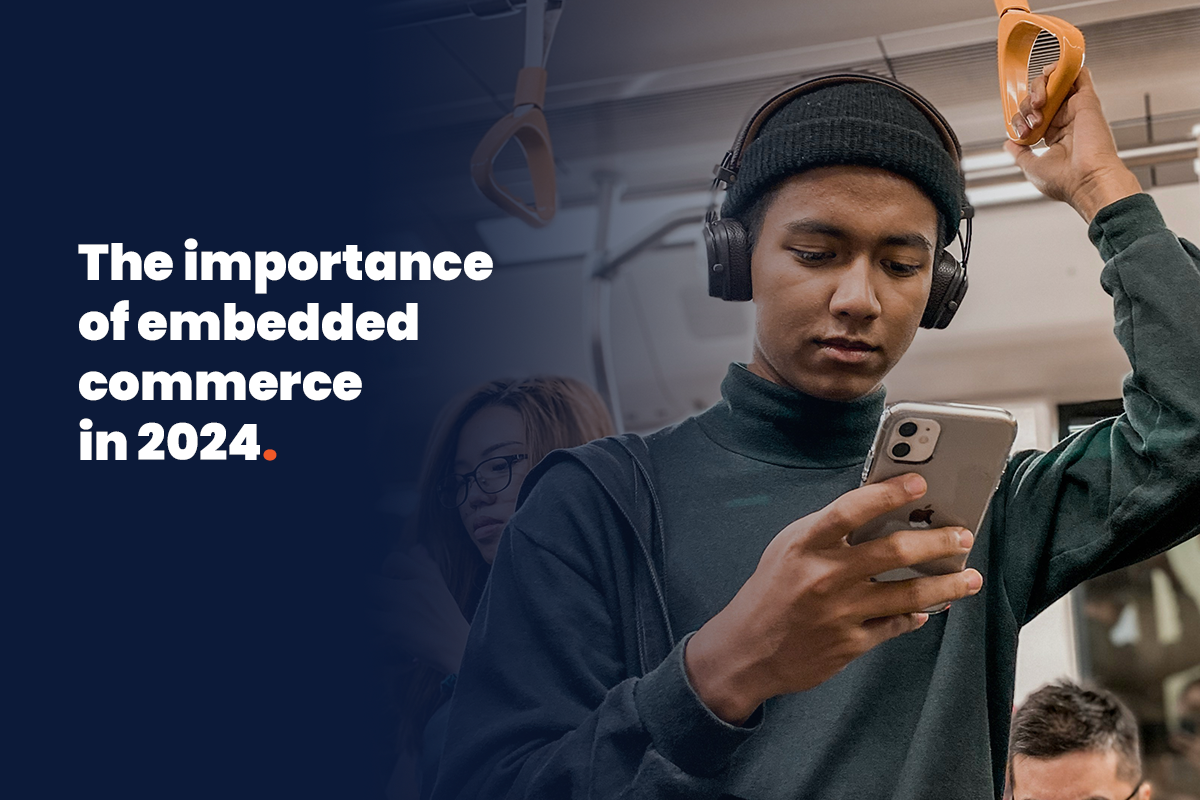The Pitfalls of Redirection in Affiliate Marketing: Impact on Sales Conversion and Publisher Commissions in 2024
In the dynamic realm of online commerce, affiliate marketing stands out as a potent strategy for both merchants and publishers alike. This symbiotic relationship, however, is not without its challenges. As we delve deeper into 2024, the landscape of affiliate marketing is witnessing a significant shift, particularly concerning the method of redirection and its ramifications on sales conversion rates and publisher commissions.
Traditionally, affiliate marketing operates on a straightforward premise: publishers promote products or services through unique affiliate links, and upon successful conversions, they earn a commission. Yet, the method through which these affiliate links are utilized can greatly influence the efficacy of the marketing campaign. One prevalent practice involves redirecting users through intermediary platforms before reaching the merchant’s site. While seemingly innocuous, this redirection can introduce a host of complications detrimental to both parties involved.
One of the primary concerns associated with redirection is its adverse impact on sales conversion rates. When users are redirected through multiple intermediary platforms before reaching the intended merchant’s site, it not only prolongs the purchasing journey but also introduces unnecessary friction. In an era where consumers value seamless and efficient transactions, any impediment to this process can significantly deter conversion rates. Studies have shown that each additional step in the purchasing journey correlates with a decrease in conversion rates, highlighting the critical importance of streamlining the process.
Furthermore, redirection poses a direct threat to the commissions earned by publishers. As users traverse through various intermediary platforms, the risk of losing attribution increases exponentially. In cases where the final conversion occurs after multiple redirects, accurately attributing the sale to the original publisher becomes exceedingly challenging. This attribution dilemma often results in discrepancies in commission payments, leading to frustration and discontent among publishers. In an industry where trust and transparency are paramount, such discrepancies can erode the mutual trust between merchants and publishers, ultimately undermining the effectiveness of affiliate marketing partnerships.
Amidst these challenges, the concept of embedded commerce emerges as a compelling solution poised to reshape the affiliate marketing landscape in 2024. Unlike traditional redirection methods, embedded commerce seamlessly integrates affiliate links within the publisher’s content or platform, eliminating the need for intermediary redirects. By embedding affiliate links directly within relevant content, publishers can deliver a frictionless user experience, thereby maximizing conversion rates. Additionally, embedded commerce facilitates more accurate attribution, ensuring that publishers receive rightful commissions for their promotional efforts.
The importance of embedded commerce in 2024 extends beyond its immediate impact on sales conversion and publisher commissions. It represents a paradigm shift towards a more user-centric approach to affiliate marketing, where the emphasis is placed on enhancing the overall customer experience. By integrating affiliate links organically within engaging content, publishers can deliver added value to their audience while driving conversions for merchants.
In conclusion, the pitfalls of redirection in affiliate marketing are becoming increasingly apparent in 2024, with implications ranging from decreased conversion rates to discrepancies in commission payments. As the industry continues to evolve, embracing embedded commerce emerges as a strategic imperative for merchants and publishers alike. By prioritizing seamless user experiences and accurate attribution, embedded commerce not only addresses the challenges posed by redirection but also paves the way for a more efficient and mutually beneficial affiliate marketing ecosystem.




Leave a Reply
Want to join the discussion?Feel free to contribute!